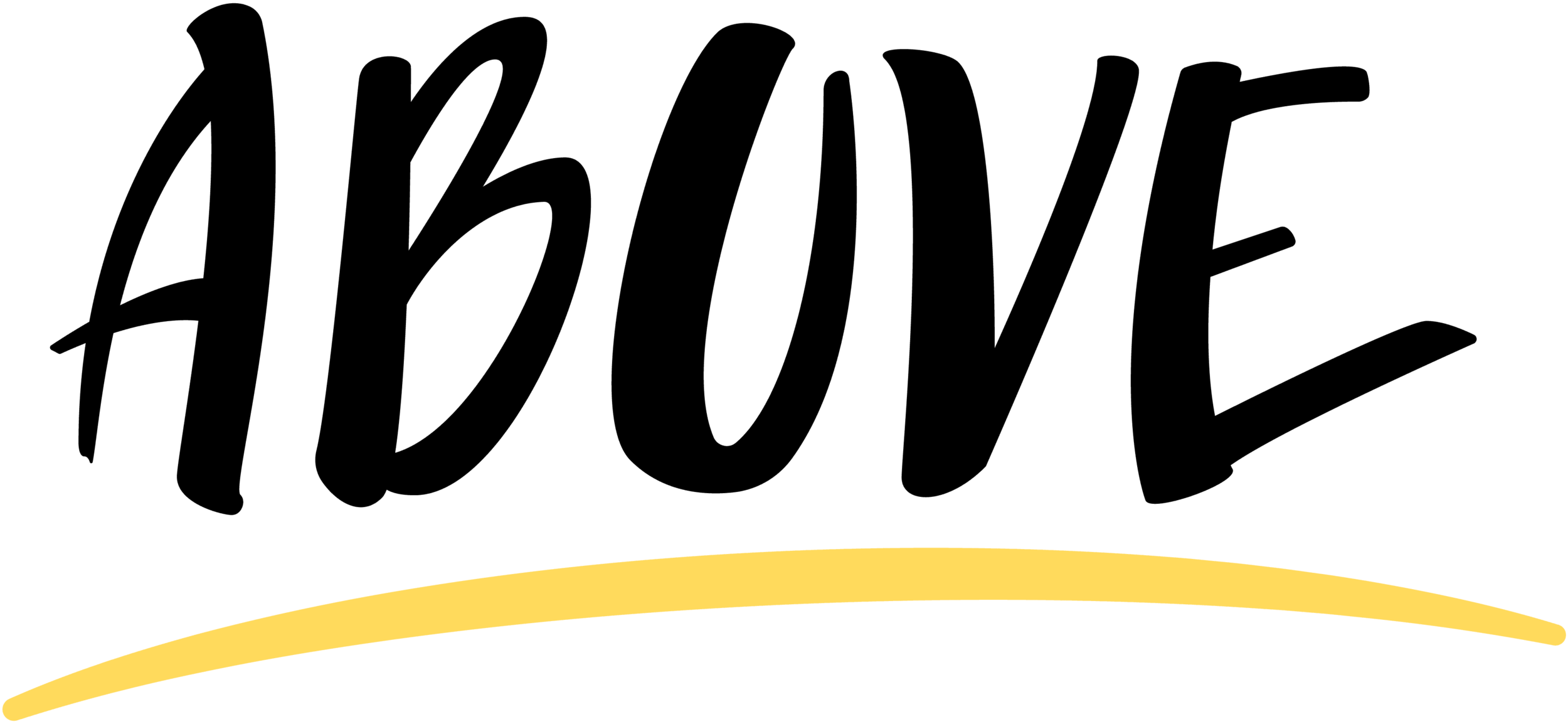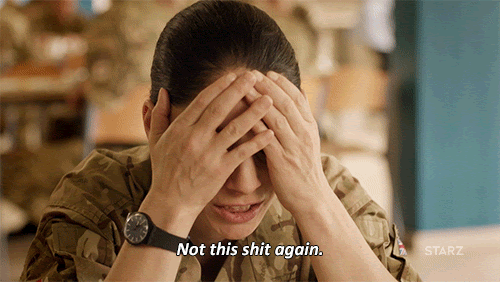[Issue 100] Why I created ABL and what's next!
You are reading the 100th issue of this newsletter.
Honestly, sometimes I can’t believe that such a little kernel of an idea has grown into something so meaningful in my life—far less that so many of you find value in what I have to share.
For anyone who doesn't know how it all started:
I created this newsletter back in February 2017 after the immigration ban went into effect. I was consumed by the news over that weekend, and this New York Times article stuck with me:
I spent the weekend watching coverage of protests in airports across the US, feeling deeply hurt and wondering how I could be useful. When I spent some time reflecting on the impact of the article on me, I quickly realized this was the next step.
I could combine my corporate responsibility and digital marketing experience with my love for writing to create more conversations about the ways companies and executives are making an impact in society.
A couple years later, here we are.
During this time I’ve researched and shared my insights on a wide range of topics—from living wages and CEO pay to climate change and gun control. (Check out the newsletter archive here!) I’m an endlessly curious person, so I LOVE having a platform to share things I learn.
Even beyond my love for showing up in your inbox each week, it has become more critical than ever for us to remain vigilant, informed and engaged on these issues.
So I don't plan on stopping anytime soon.
Now, as for this 100th issue, I’m sitting here asking myselfL= What have a I learned, and how can use that to benefit others? More importantly: What's next?
Here are a few things that I hope to share over the next several months:
2020 Presidential Candidate Research. We have been doing tons of research on all of the 2020 candidates. Stay tuned for resources you can use to make informed decisions based on where they each stand on important issues.
New Content and Ways to Connect. I really want to find some ways to take these conversations outside of the newsletter. I have not let go of my podcast idea, so I'm still thinking through what that will take. I am also considering some meetups in 2020. Let me know if you want to help in any way!
Expanding My Impact. I've been structuring my ideas about corporate responsibility into frameworks that can be shared and used by more people. I recently facilitated a discussion with a group of executives working through their corporate responsibility strategy, and I would love to continue making an impact in that way.
These are pretty big goals, and I’m slowly learning to show myself grace as I work to execute them while still balancing my full-time job and personal life. And as I make progress, I welcome all of your feedback and ideas. Your messages keep me encouraged!
I'd particularly like to express gratitude to the 148 of you who support my work financially through Patreon. You literally make it possible for me to continue doing this.
I really want to double this number of supporters by 2020, so click here if you are able to help me with that!
Until next week,
Nikita
Last week's climate protests, beautifully captured:
There Are Concrete Ways Businesses Can Help Lower Student Debt. This article discusses how higher education is increasingly expensive for young Americans, and how only 8% of employers are offering student loan assistance. Student loan debt is now at an unsustainable $1.5 trillion. Paired with higher living expenses and slow wage growth, it makes financial situations for young Americans as stressful as possible which leads to lower work productivity and quality of life. Rosenweig argues employers and businesses should be doing much more to help and details how one company developed their loan assistance policy. // FORTUNE
Rep. Deb Haaland: Native American Women Are Paid Far Less Than White Men-- Here’s A Way To Fix It. This article, written by Congresswoman Deb Haaland, discusses how Sept. 23rd marked Native American Equal Pay Day, meaning that a Native woman has to work 22 months to earn what a white man did in 12 months. She discusses how Native women’s pay disparity is second only to Latinx women, and how Native women are even murdered at 10 times the national average and inaction on pay inequality only keeps these Native women in violent or dangerous situations. Haaland further details how her ideas to fix the pay inequality will help Native women become financially secure and independent, and thus escape violence. // CNBC
Walmart Stops Selling E-Cigarettes In U.S. As Reports Of Vaping Related Deaths Soar. Walmart has recently announced they will no longer sell any electronic cigarettes or electronic devices containing nicotine in their U.S. stores in response to recent deaths of teenagers that could be related to using different vape products. // RT
3M Halting Some Work In Alabama For Environmental Reasons. 3M is facing some lawsuits over pollution in a plant in Decatur, Alabama. The public in Decatur has concerns that 3M is polluting substances known as PFAS, which the company has already settled claims about in other states. // STAR TRIBUNE
MORE CONTEXT: To learn more about 3M's attempts to avoid accountability related to PFAS, check out this really great episode of Bloomberg Technology's Decrypted podcast: The Cancer-Linked Chemical In America’s Tap Water
130 Banks Holding USD 47 Trillion In Assets Commit To Climate Action and Sustainability. On September 22nd, 130 leading banks and the United Nations launched the Principles for Responsible Banking, which commits them to strategically aligning their business practices with the goal of the Paris agreement on Climate Change and Sustainable Development Goals. The principles are based on a framework that defines clear accountability and requires each bank to publish their 2w and set goals to specific targets. // UN ENVIRONMENT
Lloyd’s Reveals Depth Of Sexual Harassment Culture. After an independent survey showed that 8% of employees at Lloyds of London have seen sexual harassment in the workplace within the past 12 months, they have reportedly announced that they will be launching a gender balance plan with set targets to improve working conditions, as well as publish new standards of conduct and implement an advisory board to help change the company culture. This comes after many complaints from female employees within the company of experiencing sexual harassment from the male employees, and even more complaints of alcohol consumption during work hours. // BBC
Model Stages Silent Protest on Gucci Catwalk Over Straitjacket Designs. A model who walked in Gucci’s Milan Fashion Week show on Sunday, which received controversy for its use of straitjacket like designs, engaged in silent protest while walking down the runway for Gucci by writing “Mental health is not fashion” on their palms and holding them up. They, along with other models who were in the show, have since donated a portion of the wages earned from the show to mental health charities. // BBC
This week's headlines were curated by ABL's intern, Lora, with GIFs from yours truly.
Above the Bottom Line needs your support.
Our team puts a lot of time and energy into providing you with quality content, and your contributions help me pay everyone a living wage for their work!









